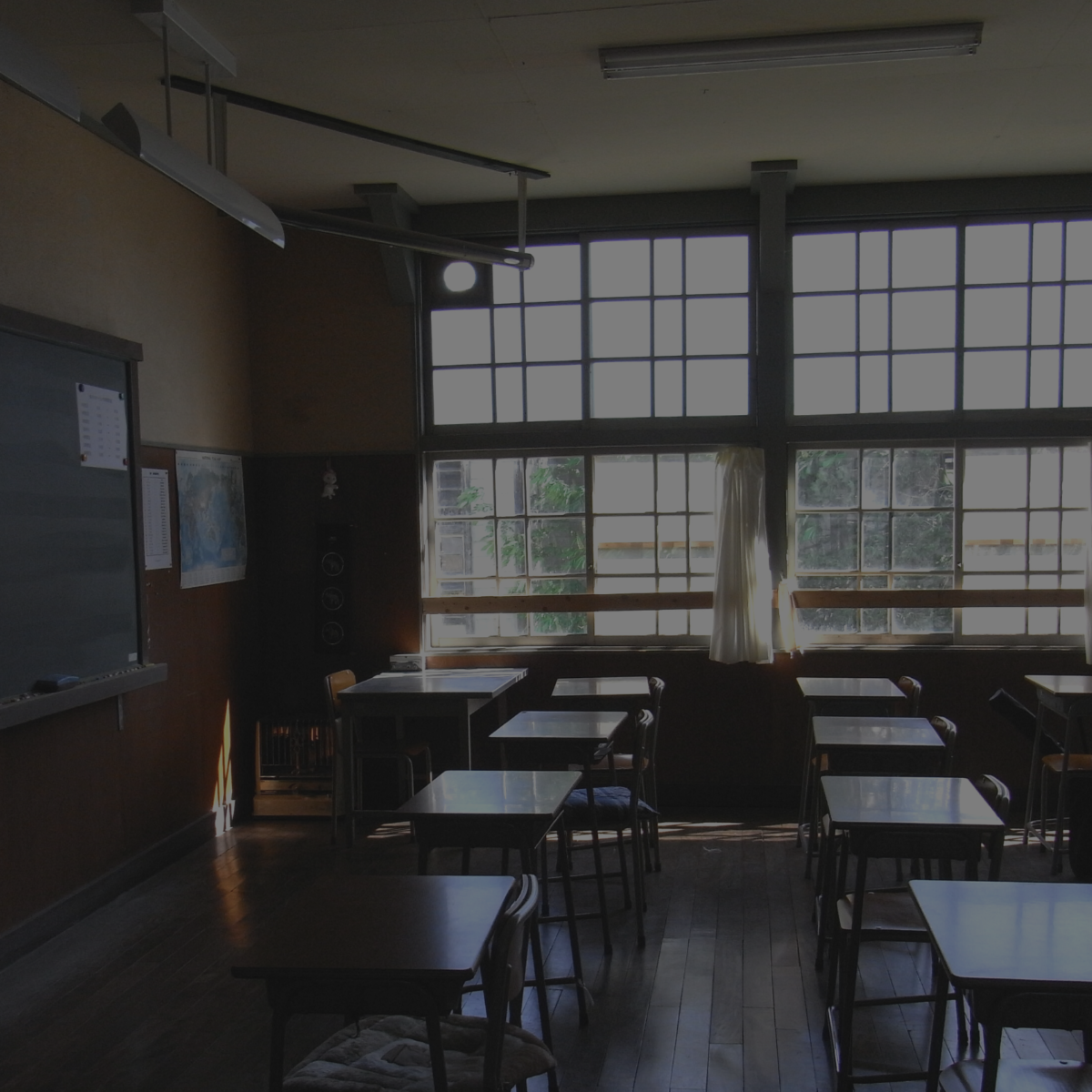
Given the disproportionate effects of school-based violence on marginalized groups, Shadhika will be serving more intentionally these communities across India.
No School Safety = No Gender Justice
By My Lo Cook, Executive Director
March 22, 2022
Reading Time: 4 minutesShadhika’s theory of change is centered around education as the most effective vehicle for people marginalized on the basis of their gender to move out of chronic disenfranchisement and towards self-determination.
In one generation, a young woman with a college degree in India is more likely to find a job in the formal economy and earn two- or three-fold the average Indian household’s annual income. She becomes the principal breadwinner for her family, shifting the power dynamics in her home and cementing her seat at the table to make decisions about critical aspects of her life. She is also carving a path of upward economic mobility for herself and her family.
Education is a powerful vehicle for change.
Yet schools are not always the safe and nurturing environments we wish for our children and youth. The UN estimates that 246 million children globally experience school-related violence.
In India, while corporal punishment was banned in 2009, 72% or 84% of elementary students report physical punishment at school in the last week, depending on their gender. In a 2010 report by the National Commission for Protection of Child Rights, more than two-thirds of students in middle and secondary school report having experienced at least one form of violence in the last 3 months. The rate of physical and emotional violence gets worse based on gender, sexuality, caste, ethnicity, religion, or socioeconomic status, and this has long-term implications on these minoritized groups.
In September, Muslim students were barred from entering their classrooms while wearing the hijab in Karnataka, India–despite it never having been a problem before–leading to months of violence and school closures. The ban has now been upheld by one of the state’s top courts.
In February, a 15-year old boy died by suicide after he experienced severe bullying related to his sexuality. The school authorities were notified of the bullying, but no action was taken.
In 2020, Save The Children showed that talented girls in India were forced out of school by their parents because of gender-based violence, including harassment and sexual assault by peers and school staff alike.
Evidence shows that gender justice cannot be achieved without a robust and comprehensive response to eliminate violence in schools in India.
Given the disproportionate effects of school-based violence on marginalized groups, Shadhika will be serving, more intentionally, these communities across India. In 2021, Shadhika will expand its partnerships to include grassroots organizations working with Dalit, Devadasi, and LGBTQ+ youth. By providing financial resources and local wraparound support to these young leaders and their families, we can contribute to lower dropout rates and increase academic achievement, self-confidence, and, eventually, college graduation rates among these target communities.
Indeed, in 2020, 90% of girls who participated in Shadhika-funded activities completed secondary school, and 100% of Shadhika Scholars graduated from college. In 2019, 77% received a job or internship upon college graduation. Given the impact of our grantmaking over the years, these new partnerships can tangibly affect the current 14.4% college enrollment rate for Scheduled Caste students.
But the work cannot stop at supporting these young women because it does not address caste and gender discrimination that is still widespread in schools and workplaces.
So in 2022, Shadhika’s Initiative to End Gender-Based Violence will start working in local schools in and around Varanasi, Uttar Pradesh. In addition to integrating a gender-sensitive curriculum into the school’s planned learning, Shadhika’s partners will be working directly with the school staff to shift their behaviors and attitudes to be more gender-equitable.
Finally, the evolution of our programs requires that Shadhika build our capacity to support this new scope of work and manage these new relationships responsibly. Accordingly, we are deepening a trauma-center lens in all aspects of our programs; we are increasing in-house expertise to work with sensitive population groups with empathy, confidence, and nuance; and our new monitoring, evaluation, and learning (MEL) framework will include the ability to disaggregate our demographic data to understand better who we serve so we know how to serve them better.
Gender justice may sometimes feel like a big audacious goal that we may never accomplish. But practical optimism demands that we do what we can with what we have, exactly where we are. And right now, it means making sure there is a tangible path out of chronic disenfranchisement for those minoritized communities and that this path is safe for them.
Read more